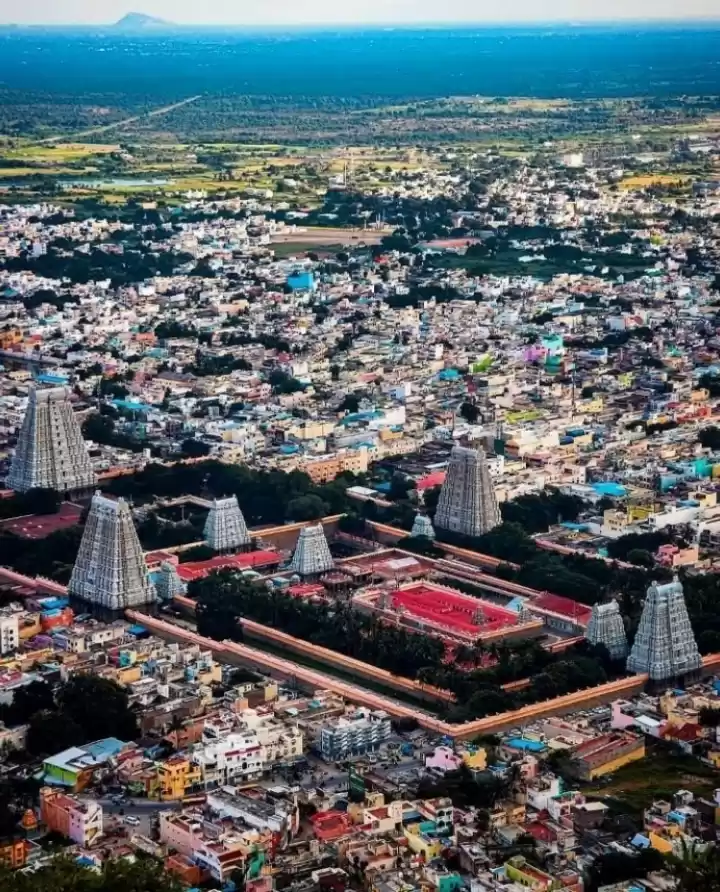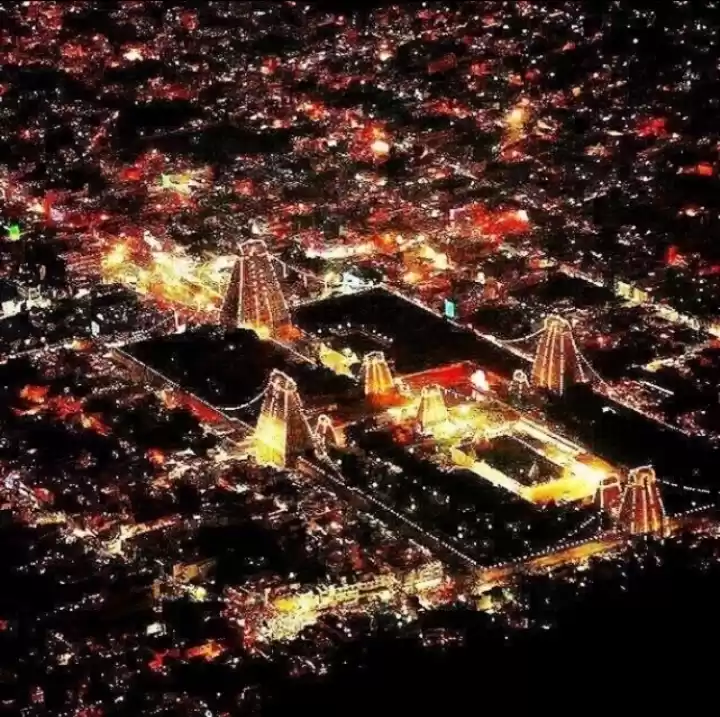
Jordanian cuisine caters to every need and fancy of an average foodie – from the fine diners to street food enthusiasts, from meat lovers to vegetarians and from savoury bites to sweet cravings – the sky is the limit in tantalising your taste buds with the exquisite flavours from Jordanian dishes.
Jordanian food, with its culinary bonds with Arabic and Mediterranean countries, is not just nourishment for the soul; it is an experience that brings people closer over the course of a meal.
Most Jordanian dishes, like mezze, are served on a large platter and shared communally with everyone on the table. Post awkwardness (as possibly felt by a first timer), it is an experience one learns to truly enjoy and cherish.
Those looking for a dramatic flair to their dining experience should try Zarb – a Bedouin Barbecue feast that is cooked underground. For Zarb, the meat and vegetables are marinated with a blend of spices and placed on a tray, which is moved into a preheated oven underground. The results are phenomenal, giving the meat a tender and smoky flavour, with perfectly cooked vegetables.
The only dish to overshadow Zarb, in history and symbolism, is Mansaf, meaning “large dish”, which stands proud as Jordan’s national dish.

It is a rich and plentiful mélange of rice, lamb and rehydrated yogurt. Similar to Mansaf, Maqluba’s name defines it, with it literally meaning “upside down” in Arabic. Prepared in a pot with all ingredients of meat, rice and fried vegetables placed in separate layers, the Maqluba dish is turned upside down on the plate once it is cooked and ready to be served.
Herbivores, fret not! Jordanian cuisine does have a plethora of non-vegetarians options to choose from, plus also relies a lot on fresh vegetables, beans, pulses and yogurt, boasting of internationally-famous dishes such as Hummus, Fatoush, Baba Ghanoush and Falafel.

Proceed to fall into a food coma only after indulging in Jordan’s national dessert, Kanafeh, a rich Levantine dessert made with white cheese, topped with crunchy pastry and drenched in sweet syrup.
Needless to say, food is an extremely integral part of Jordanian culture, but each meal is almost certainly going to help you meet and mingle with some of the most hospitable and friendly people in the world.
Getting a visa while travelling abroad is one of the most important and essential parts of planning your trip. While it can be quite stressful to get a visa to some countries, you’ll be glad to know that Jordan welcomes Indians with a visa on arrival.
So, when are you visiting Jordan for a gastronomical blast?
For more information get in touch with Jordan Tourism.













